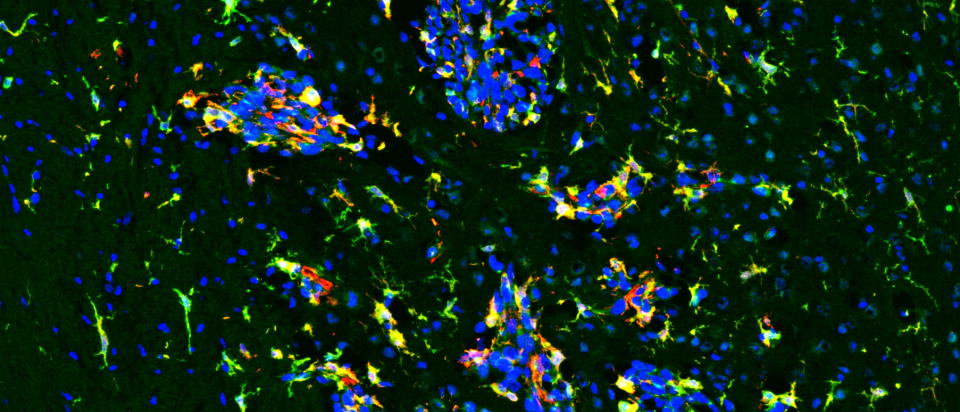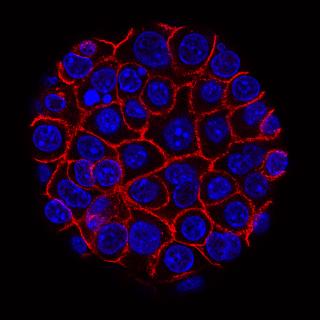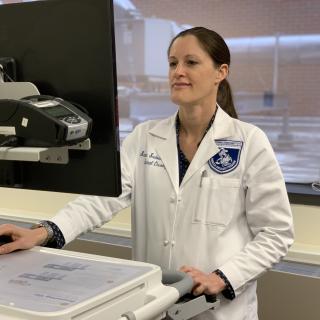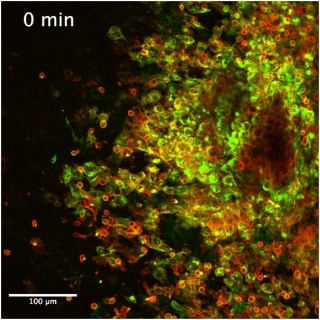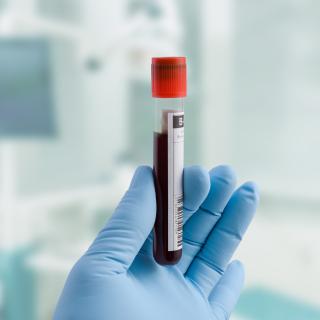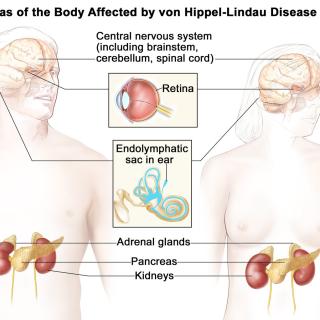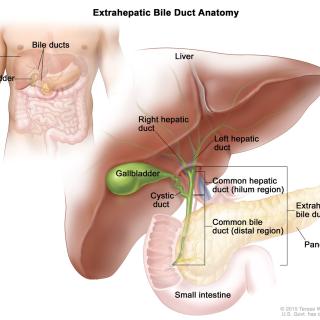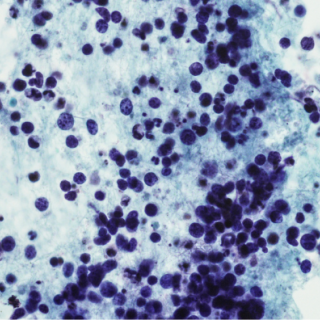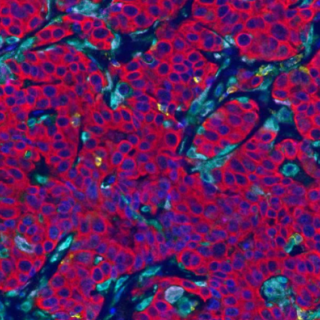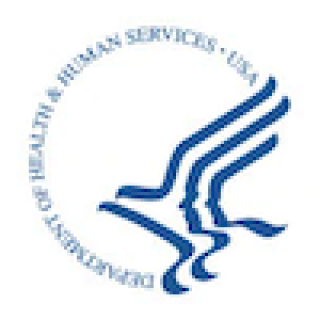News and Events
New Strategy Shows Promise Against Deadly Breast Cancer in the Brain
A new NIH study points to a promising strategy for treating aggressive breast cancer that spreads to the brain, a complication with few effective options. Learn how blocking a key brain cell survival pathway could open the door to future therapies.
Read MoreSandra L. Wolin receives Sandra K. Masur Senior Leadership Award
Sandra L. Wolin, M.D., Ph.D., Chief of the RNA Biology Laboratory, is the 2021 recipient of the Sandra K. Masur Senior Leadership Award from the American Society for Cell Biology. This award is in recognition of a scientist whose outstanding scientific achievements are coupled with a record of active leadership in mentoring women and individuals from underrepresented groups in their scientific careers.
Read MoreClinical trial evaluates the effect of Minnelide on advanced pancreatic cancer
Adenosquamous carcinoma of the pancreas (ASCP) is a rare type of pancreatic cancer that is particularly aggressive. Christine Campo Alewine, M.D., Ph.D., Lasker Clinical Research Scholar in the Laboratory of Molecular Biology, is conducting a study to see if the drug Minnelide can effectively treat ASCP.
Read MoreSamira M. Sadowski discusses her work at CCR and offers advice for future cancer researchers
Samira M. Sadowski, M.D., is a Physician-Scientist Early Investigator in the Surgical Oncology Program. Along with her role as a surgeon, she studies rare forms of thyroid cancer as well as neuroendocrine tumors of the pancreas and gastrointestinal tract. In this Q&A, she talks about her current research interests and offers advice for future cancer researchers.
Read MoreClinical trial studies surgical treatment for adults with peritoneal carcinomatosis
Andrew M. Blakely, M.D., Assistant Research Physician in the Surgical Oncology Program, is leading a surgical study for adults with peritoneal carcinomatosis that tests two chemotherapy treatments, called HIPEC, simulated in a tissue-testing platform.
Read MoreBlood test reveals when benign NF1 tumors turn cancerous
People with neurofibromatosis type 1 (NF1) often develop non-cancerous, or benign, tumors that grow along nerves. These tumors can sometimes become cancerous, but there hasn’t been a good way to determine whether this transformation to cancer has happened. In a new study, researchers co-led by Jack F. Shern, M.D., Lasker Clinical Research Scholar in the Pediatric Oncology Branch, have developed a blood test that could one day offer a highly sensitive and inexpensive approach to detect cancer early in people with NF1.
Read MoreFDA approves belzutifan, first drug for cancers associated with von Hippel-Lindau disease
On August 13, 2021, the Food and Drug Administration approved belzutifan, a new drug for adult patients with von Hippel-Lindau (VHL) disease-associated renal cell carcinoma (RCC), central nervous system hemangioblastomas, or pancreatic neuroendocrine tumors, not requiring immediate surgery.
Ramaprasad Srinivasan, M.D., Ph.D., Investigator in the Urologic Oncology Branch (UOB), designed the ongoing study and played a key leadership role as the principal investigator on the cooperative research and development agreement under which NCI served as a site in the study. Belzutifan is now the first and only approved systemic therapy for certain patients with VHL-associated RCC.
VHL disease is a rare, inherited disorder that causes tumors and cysts to grow in certain parts of the body. Patients with this disease have an increased risk of certain types of cancer, especially kidney cancer and pancreatic cancer. The VHL gene was originally identified by Marston Linehan, M.D., and colleagues in the UOB in the 1990s, and the group continues to define the methods for clinical management of VHL disease.
Read MoreNew study tests drug combination for treatment of biliary tract cancer
Biliary tract cancer (BTC) is a cancer that arises from the bile ducts that carry bile, a digestive fluid, through the liver. There are few treatment options for BTC. Tim F. Greten, M.D., Deputy Chief of the Thoracic and GI Malignancies Branch, is leading a study of a drug combination that may prolong survival in adults with BTC.
Read MoreClinical trial investigates drug combination for relapsed small cell lung cancers and advanced neuroendocrine cancers
Anish Thomas, M.B.B.S., M.D., Lasker Clinical Research Scholar in the Developmental Therapeutics Branch (DTB), and Jaydira Del Rivero, M.D., Assistant Research Physician in DTB, are heading a trial testing the safety and efficacy of berzosertib, an ATR inhibitor, in combination with lurbinectedin to treat relapsed small cell lung cancer or high-grade neuroendocrine cancers.
Read MoreClinical trial will test triple-drug combination against aggressive colon and HPV-associated cancers
CCR researchers are exploring whether a special cocktail of drugs, which collectively make cancer cells vulnerable and the immune system stronger, will yield better outcomes for patients with difficult-to-treat cancers. Preliminary research in preclinical models suggests that the triple-drug combination is more effective than just one or two of the drugs being administered.
Read MoreSteven A. Rosenberg and Louis M. Staudt receive HHS Departmental Awards
Steven A. Rosenberg, M.D., Ph.D., and Louis M. Staudt, M.D., Ph.D. are 2021 Health and Human Services (HHS) Departmental Award recipients. Rosenberg, Chief of the Surgery Branch, is a recipient of the Secretary’s Award for Distinguished Service, the highest honor granted by HHS. The award recognizes senior leaders for their sustained excellence. Staudt, Chief of the Lymphoid Malignancies Branch, is a recipient of the Career Achievement Award, which recognizes ten or more years in HHS and dedication and loyalty to the Department.
Read More